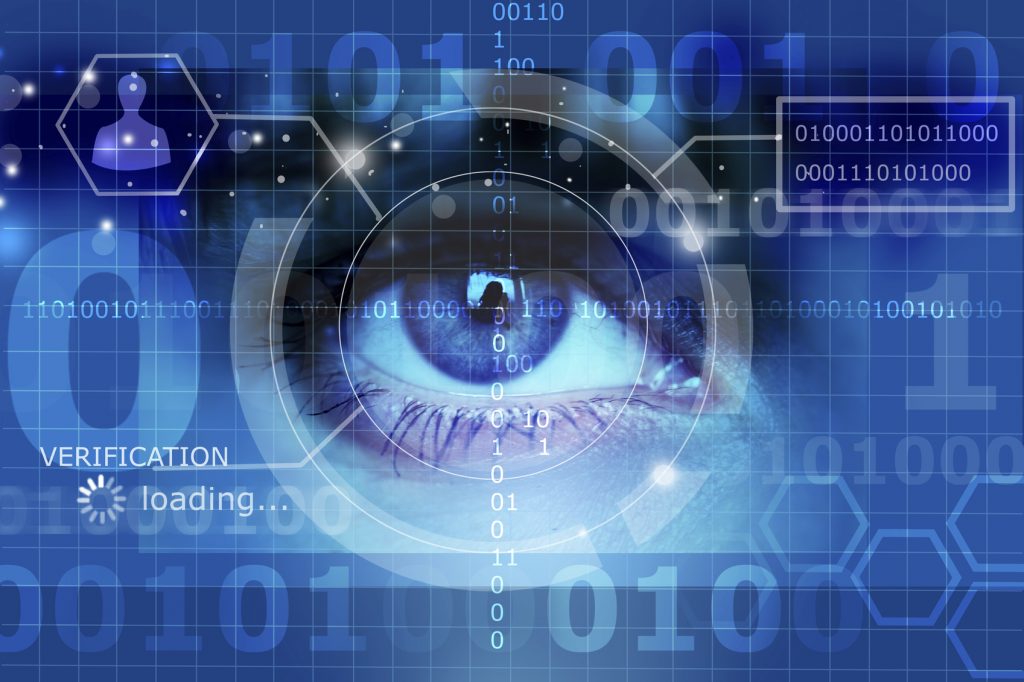
Remember that scene at the end of The Bourne Identity where Brian Cox is testifying before the Intelligence Committee about Treadstone and Black Briar and describes the former as a training op and the second as a communications program despite both being covert death squads? It’s easy enough to think that stuff like that doesn’t happen in the real world, but don’t be too sure. The FBI has been running a “pilot project” to test iris scanning technology whose original stated objective was just to evaluate the technology available at the time. That started in 2013.
Now it’s easy enough to assume that the government moves REALLY slowly and that they simply haven’t gotten very far. Unfortunately, there ability to gather scanned irises hasn’t ben quite so slow. The iris database now contains more than 430,000 iris scans, with almost half coming from San Bernardino, California. San Bernardino has become so proficient at obtaining iris scans that over the last two and a half years they have snapped up almost ten percent of the city’s population of 2 million.
That a database of nearly a half million people has been amassed by the FBI is perhaps not too surprising, but what might be shocking is the fact that as a pilot project, there has been no oversight and no privacy disclosure or assessment. As Colin Lecher at The Verge describes it, “The result amounts to a new national biometric database that stretches the traditional boundaries of a pilot program, while staying just outside the reach of privacy mandates often required for such data-gathering projects.” What is worse the gathering of iris data may be for minor offenses and is often taken pre-trial and submitted in near real-time to the FBI.
The California Justice Department, like other agencies the FBI has partnered with, can log a scan as part of the booking process, even for low-level crimes, and well before a conviction. When the scans are sent to the national database, the FBI says, they are bundled with fingerprints and mug shots.
Had you been arrested in California for a minor offense and ultimately released without charges, your iris may still be on file with the feds. Because this is ostensibly a pilot project, and not a fully functioning identification system, a complete privacy assessment was not done. It’s not even clear if one will be done as the project is part of the FBI’s Next Generation Identification database and the FBI is looking to exempt that from privacy laws.





No Comments